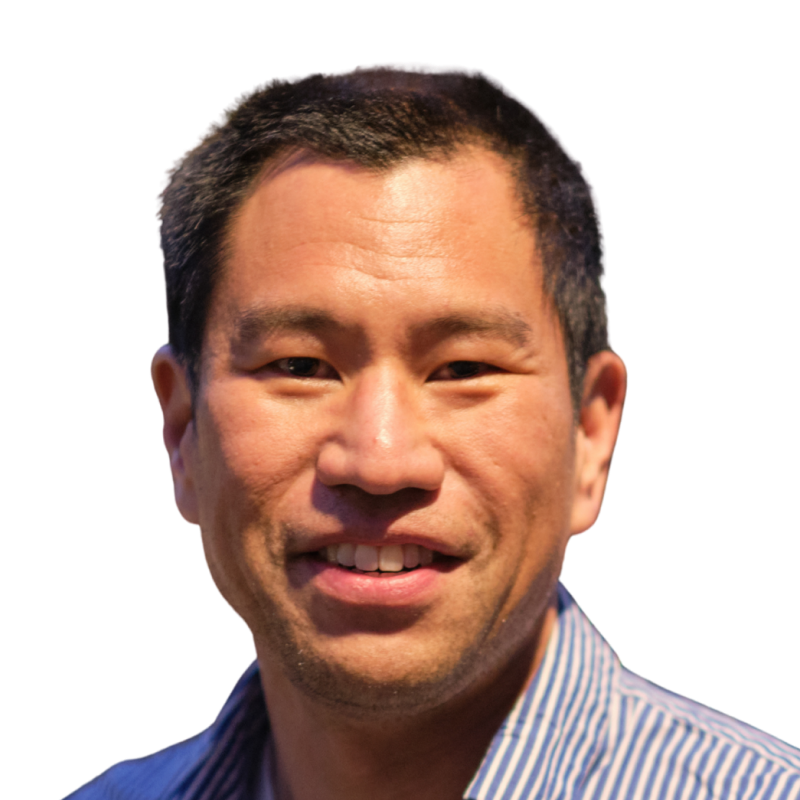Show Notes
Part 2 of 4 of our conversation with Jimmy Sastra, CEO and co-founder of Monomer Bio.
Jimmy talks about his evolution from a self-taught PhD student to a Silicon Valley engineer at the forefront of robotics and biotech innovation. He also recounts his time at Willow Garage during the rise of ROS, and his groundbreaking work at Transcriptic, where he helped build the world’s first robotic cloud lab.
Lastly, he discusses how those experiences shaped his vision for Monomer Bio, his thoughts on personal mission alignment, and how a life-changing moment involving his brother inspired a career dedicated to understanding life through technology.
Key topics covered:
- Lessons learned and principles of being self-taught
- Entering Silicon Valley’s robotics scene and shaping ROS
- Creating the first robotic cloud lab uniting bio and automation
- Building teams around shared purpose and passion
- Turning personal inspiration into a biotech automation vision
Prefer video? Watch the full episode on YouTube:
Resources & Articles
- (HBR) Case Studies – Pandemic Entrepreneurship Meetup: https://hbr.org/2024/01/how-the-pandemic-rebooted-entrepreneurship-in-the-u-s
- ASML and Philips – Stories of Innovation in Engineering: https://www.asml.com/news/stories/2024/asml-founding-story
Organizations & People
- Y Combinator: https://www.ycombinator.com/
- Willow Garage: https://www.willowgarage.com/
- Transcriptic (now Strateos): https://www.strateos.com/
- Monomer Bio: https://www.monomerbio.com/
- Ginkgo Bioworks: https://www.ginkgobioworks.com/
- Built Robotics: https://www.builtrobotics.com/
- Robust AI: https://www.robust.ai/
- Sachin Chitta: https://www.linkedin.com/in/sachinchitta/
- Rodney Brooks: https://www.linkedin.com/in/rodney-brooks-1a137517/
- Mark Zhang: https://www.linkedin.com/in/mark-zhang-1726361b/




